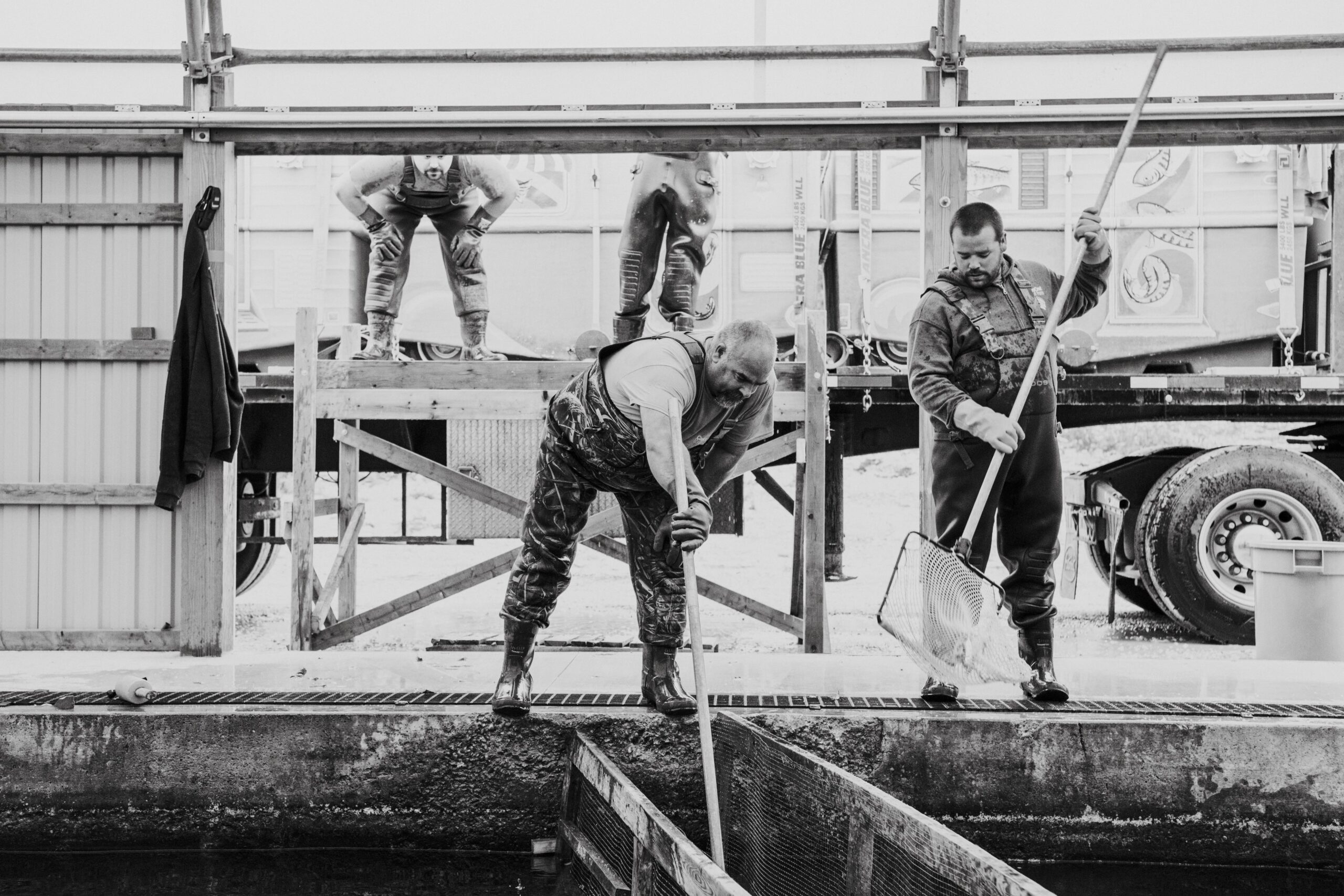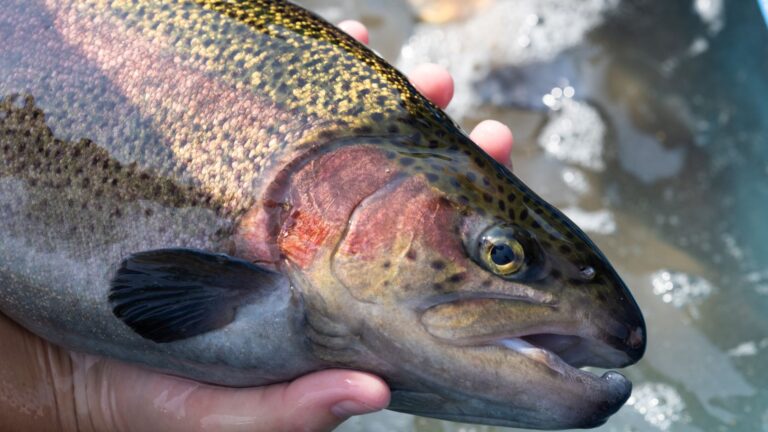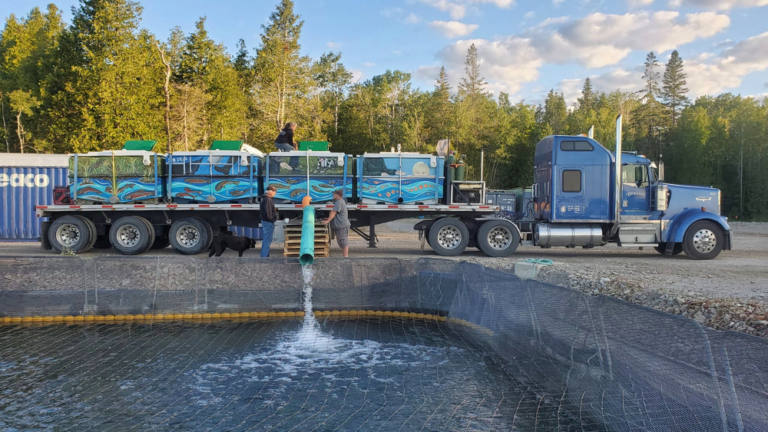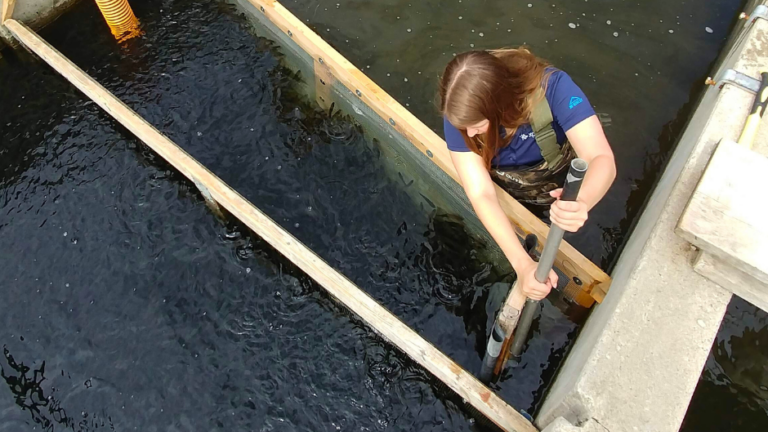
Our dad always says the second job of every fish farmer is education, as there are lots of misconceptions out there!
Here’s the 5 we hear most often at our Canadian fish farms:
1. Aren’t farmed fish dyed orange?
Nope! That bright orange you see in wild and farmed fish comes from astaxanthin. It’s an antioxidant you can buy at the health food store, and we give it to our fish to help them uptake vitamin K. The orange is just a side effect!
Read more: Are farmed fish dyed orange?
2. Aren’t wild fish better?
Nope again! We do not find asking “wild or farmed” to be useful if you’re worried about your health or the planet. There are bad wild fish — polluted water, sourced through slavery, to name a few — and good wild fish that is well-managed and safe to eat.
Just like there are bad fish farms and plenty of good ones (like us!)
We recommend asking two questions: (1) Is it eco-certified, because that means it’s been third party audited to be socially and environmentally responsible, and (2) is it local and Canadian fish, so it avoids a convoluted international supply chain known to mislabel.
Read more: Why wild fish isn’t better than farmed fish
3. Don’t you use a lot of antibiotics, hormones and steroids?
We never use hormones or steroids on the farm, and we raise our fish free of antibiotics and to the organic standard. We source our feed ingredients from as many reclaimed sources as possible, like fish trimmings. Fish can’t thrive on corn, soy or wheat like other farm animals.
Read more: Do we use hormones, steroids or antibiotics on our fish? or What do farmed fish eat?
4. Don’t fish farms, especially floating pens, hurt the environment?
No, and please do not let a few bad actors give the rest of us fish farmers a bad rap! We extensively test water quality and do studies on the surrounding ecosystem to make sure we can raise fish without environmental detriment.
And hey, repeated studies show that floating fish farmers in Ontario, Canada could be part of the solution to bring the wild fisheries back in Lake Huron. Scientists are showing these farms add the right kind of nutrients to boost food webs, and they’re linked with increasing wild fish populations!
Read more: Do you ever hear bad things about net-pen fish farms?
5. Fish don’t feel pain
We’ll give you this one, because it’s still greatly debated and undecided. But as some scientists learn more, they’re finding that fish can suffer and feel pain. We fish farmers would agree. Their brains can receive negative stimuli, flush with cortisol in stressful situations, and show us signs if they’re ever stressed.
Read more: Can fish feel pain?


